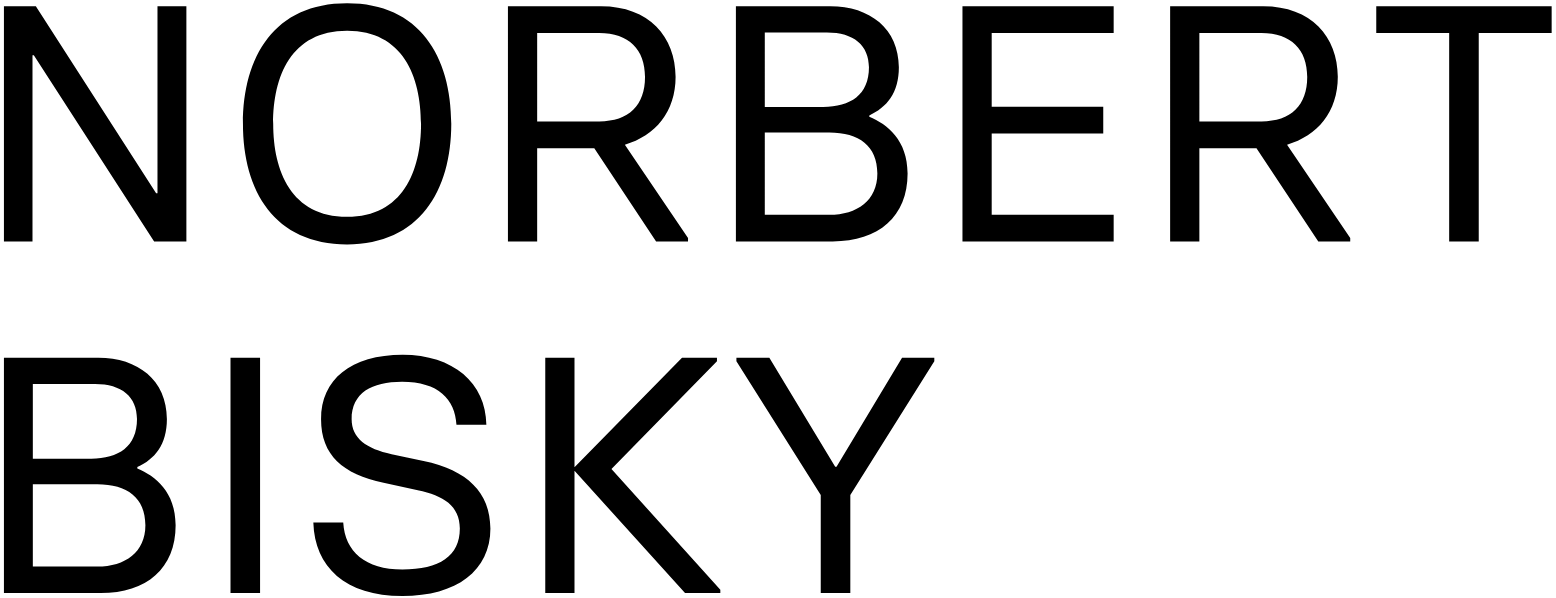Diana Weis
Norbert Bisky: LUDOLOGY
Templon, 2 May to 22 June 2024
The theme of human play runs like a thread through the new works that German artist Norbert Bisky has created for his solo exhibition Ludology at Templon, New York. Adult games of desire, ecstasy, and rage: Bisky explores liminal spaces of the interpersonal.
The title alludes to the book homo ludens by Dutch cultural theorist Johan Huizinga, first published in 1938. In it, Huizinga describes how play preceded culture and defines its key elements: freedom, a distinction from the ordinary and the formation of a temporary order.
It is these multifaceted forms of regulated excess that Bisky examines in his new paintings: protests, parties, cruising. They share an element of tension that is often characteristic of Bisky’s work. His characters find themselves in unexpected situations, threatening to spiral out of control. Situations outside the everyday that follow their own logic and laws. Ravers and rioters appear to be interchangeable. Uniforms become costumes.
Bisky samples the objects of his artistic observations from a wide range of sources. Berlin’s hedonistic club scene is transported into a tropical setting, pop cultural icons meet news imagery of violent outbursts, the paranoid world of doom scrolling.
Masks and mirrors are recurring motifs in Ludology, marking the putting-on of social identities and a search for the self, reflected in the gaze of others. The large-format paintings Eclipse, Insomnia and Festival, as well as the smaller Puppy each show humans hiding their faces with various devices. The Guy Fawkes mask, a symbol of the internet collective Anonymous makes an appearance, as does a police face shield, a hazmat mask, a jack-o’-lantern, and a fetish dog mask.
Since the start of his career, Bisky has used imagery from the fringes of the painterly cosmos. His style combines the energetic gesture of abstract expressionism with pop art’s keen interest in surface aesthetics. He combines self-taken snapshots from around the world with set pieces from commercial photography and political propaganda into haunting visual arrangements. Offset by fields bright colors, painted in bold brushstrokes, the scattered image planes enter temporary relationships. Rituals of dominance and submission, the dissolution of the ego in a state of frenzied excitement. Bisky compresses and exhibits contemporary issues, but never comments on or evaluates them.
Stadtpark I-III, a three-piece series of explicit paintings, occupy a separate space in in the gallery. Tangles of intertwined male bodies, some half-hidden by oversize lush plants, lost in play. The series is characterized by a lighter, more delicate palette, developed from Bisky’s works on paper, often depicting nudes in outdoor settings, several of which are part of this exhibition.
Bisky’s mirror works form the thematic counterpoint to his mask paintings. Only in recent years he began to experiment with reflecting surfaces. In a self-developed process, painted canvases are cut up and attached to mirrors, leaving gaps or cracks in the picture. This way, viewers themselves become part of the picture composition, as their reflections interact with the with painted scenes and objects. His 2022 show Mirror Society at SCAD Museum of Art in Savannah, Georgia, was his first solo exhibition mainly focusing on mirror works. Another special feature of Ludology exhibition are seven oversized painted wooden puzzle pieces, one of them with a mirrored back. The shape of the pieces references the self-lostness of play, but also provide a key to understanding the exhibition: neither with patience nor good will can a coherent whole be put together from the individual parts. Yet the fragments of meaning, contrasts and overlaps Bisky presents are an inventory of current constructions of reality.
